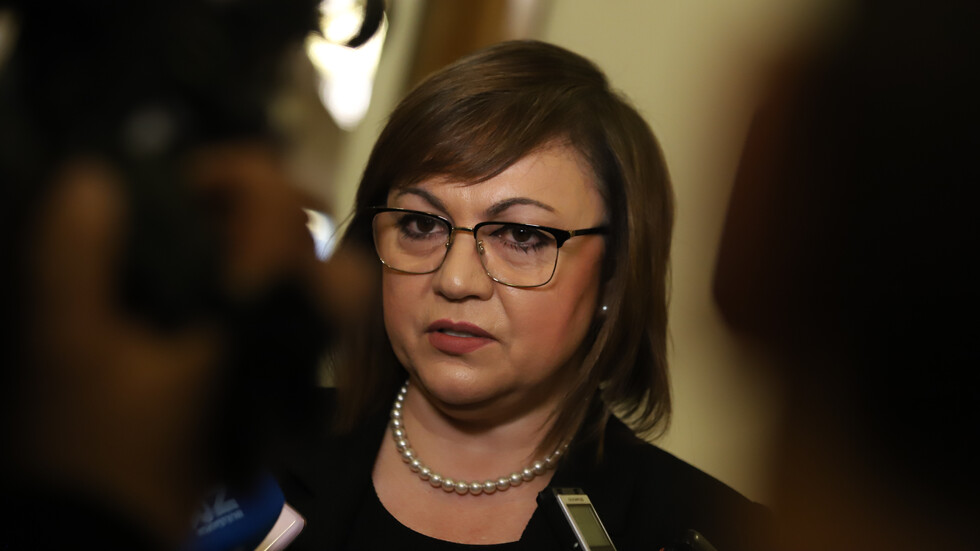Already in December, Finnish politicians launched a debate on how to strengthen the country’s security situation in response to military threats. Russia’s subsequent aggression against neighboring non-NATO Ukraine has led to discussions for possible accession to NATO. The outcome of this discussion is likely to be that the Finnish Parliament will in the near future overwhelmingly support the application to join the North Atlantic Alliance.
–
On the other hand, the Swedish center-left government, which is deeply divided over the country’s possible membership in NATO, apparently hoped to avoid the issue of joining the alliance, the letter wrote. It has only begun to take the issue seriously in recent weeks, when Finland has indicated that it is likely to join NATO, regardless of Sweden’s position.
–
Sweden’s traditional neutrality
According to experts, the different approaches of the two countries are influenced by different reasons that led Finland and Sweden to remain part of NATO and maintain neutrality. For the Finns, neutrality was a way to manage the neighborhood with the Soviet Union during the Cold War, with which Finland shares a 1,340-kilometer-long border. For Swedes who have not been involved in any armed conflict for more than 200 years, neutrality has long been part of their DNA.
–
“In Sweden, it’s a question of identity. Given the two-hundred-year history of neutrality, this is a natural thing for the population. On the contrary, Finland has repeatedly found itself in a dramatic situation throughout history, “said Gunilla Herolfová from the Swedish Institute of International Relations.
–
Finnish pragmatism and geography
“Finns are pragmatic. For the Swedes, it is more a question of ideology, “said Jarmo Lindberg, a former commander of the Finnish Armed Forces.
–
Geographical location also plays a role. Due to its long border with Russia, Finland is immediately aware of the security threat posed by Moscow. Sweden, on the other hand, does not border Russia at all, as Finland has historically functioned as a buffer zone for them. As the joke says in Helsinki, Sweden has fought in wars for centuries to the last Finn.
–
The Finnish parliament launched a debate last Wednesday on the country’s potential membership in NATO, and Finland now feels that, given Russia’s aggressiveness and unpredictability, only an article in the North Atlantic Treaty on Collective Defense can ensure security.
–
Even in Sweden, NATO supporters have a majority
In Sweden, the debate revolves mainly around the ruling Social Democratic Party. Four center-right parties have spoken out in favor of NATO membership over the past five years, and the nationalist Swedish Democrats have said they will support membership if Finland joins the alliance.
–
In the Swedish parliament, supporters of NATO membership have a majority. However, the idea of Sweden joining the North Atlantic Alliance without the support of the Social Democrats – who have won every parliamentary election in Sweden in the last century – is basically unthinkable.
–
“It’s part of the Social Democrats’ identity – it gives us a special place in international politics in terms of negotiations, peace talks and arms control. That is the main reason why we are moving so slowly now, “said Anna Wieslander from the North European section of the Atlantic Council Research Institute.
–
The Social Democrats last reaffirmed their opposition to NATO membership in November and are now discussing whether they should change that stance. The decision is expected next month, when a fast-track government report on security policy will also be published.
–
The main Social Democratic newspaper Aftonbladet last week expressed its “hesitant” support for membership. Recent opinion polls show that 58 percent of Swedes are currently in favor of joining the North Atlantic Alliance and 21 percent are opposed.
–
Most observers in Stockholm expect Sweden to apply for membership with Finland or closely behind it. This should happen before the June NATO summit in Madrid, albeit without much enthusiasm. “It simply came to our notice then. People think it’s going too fast. But this is the security situation, “says Herolfová.
—


